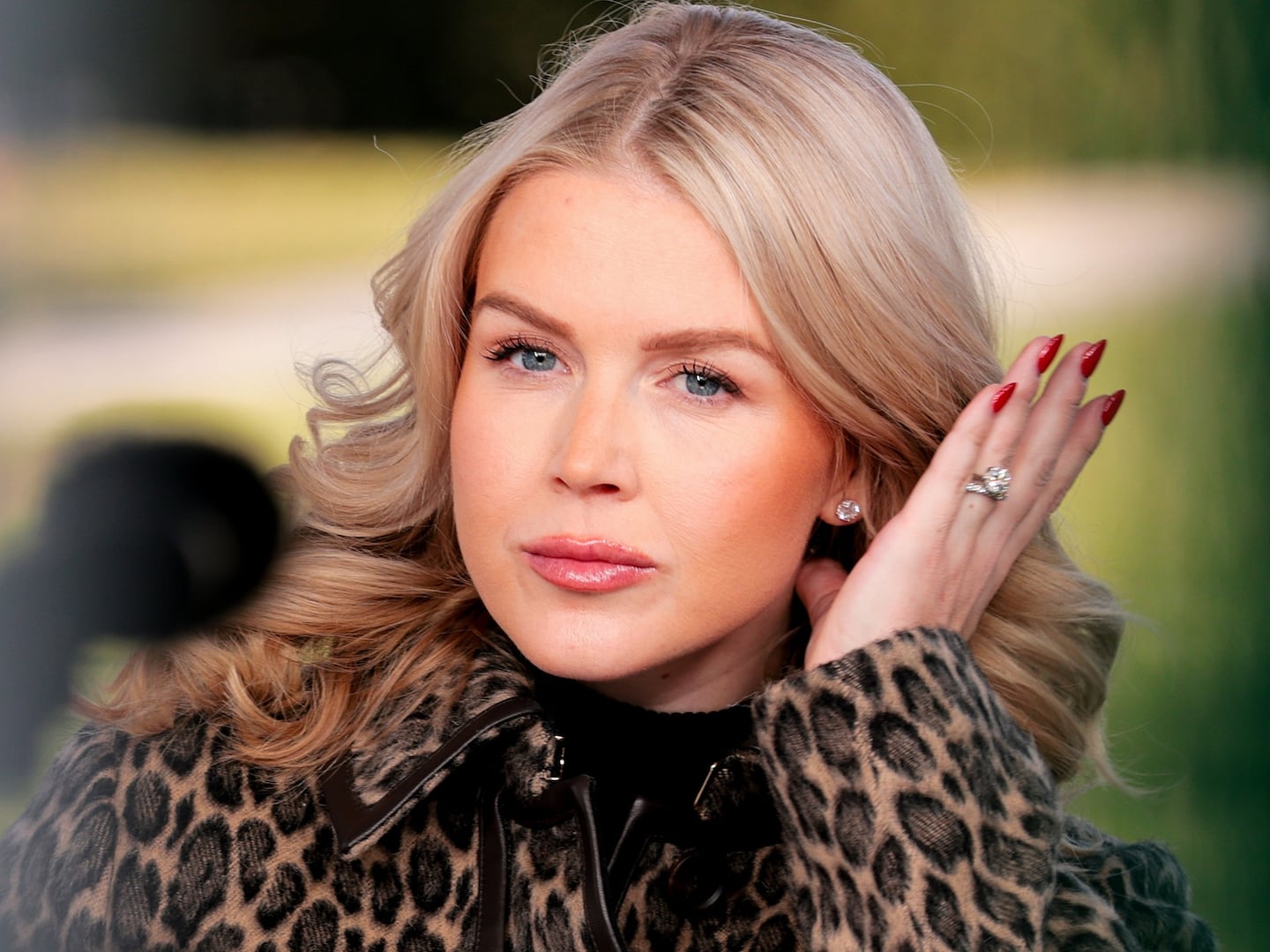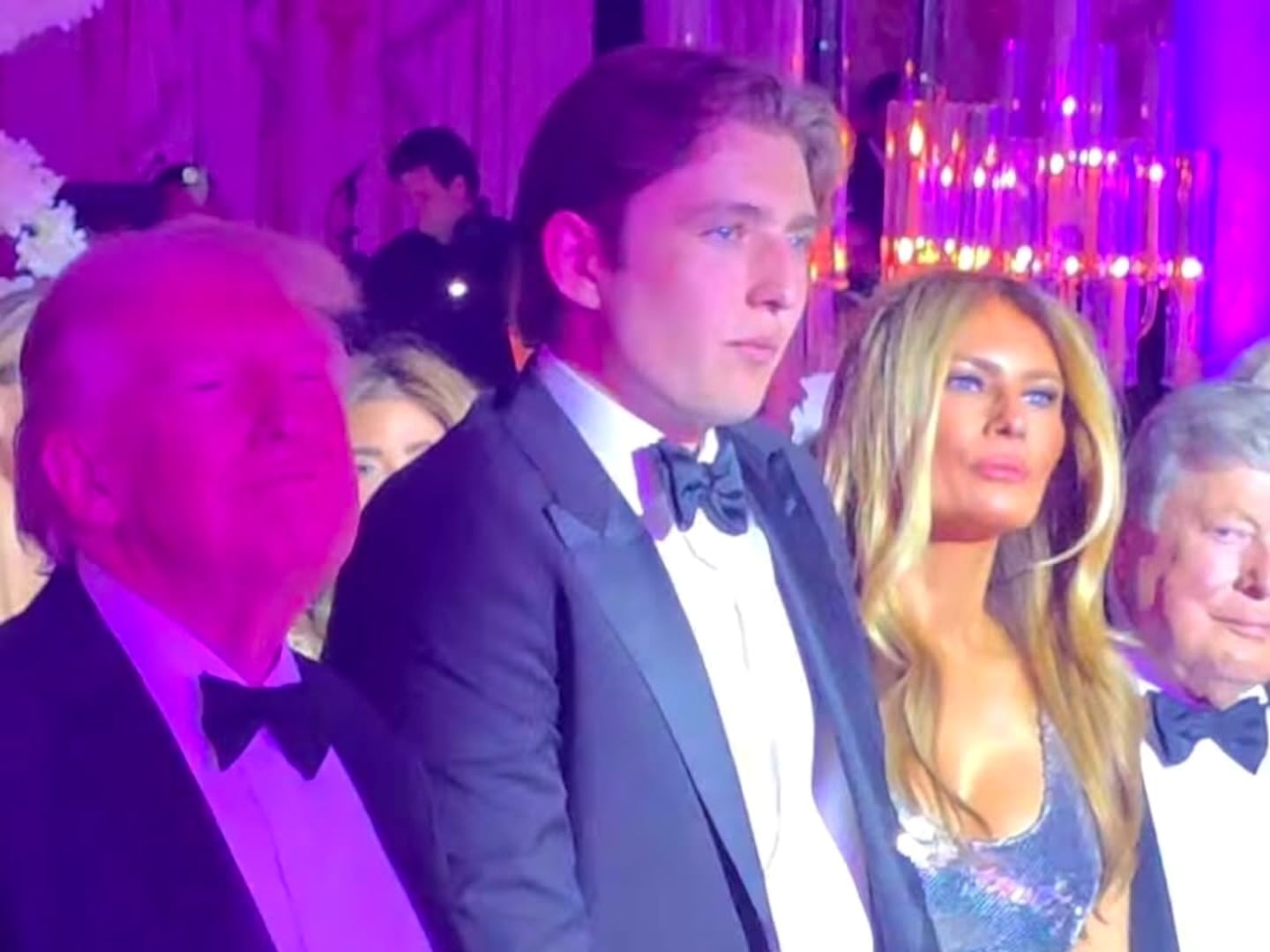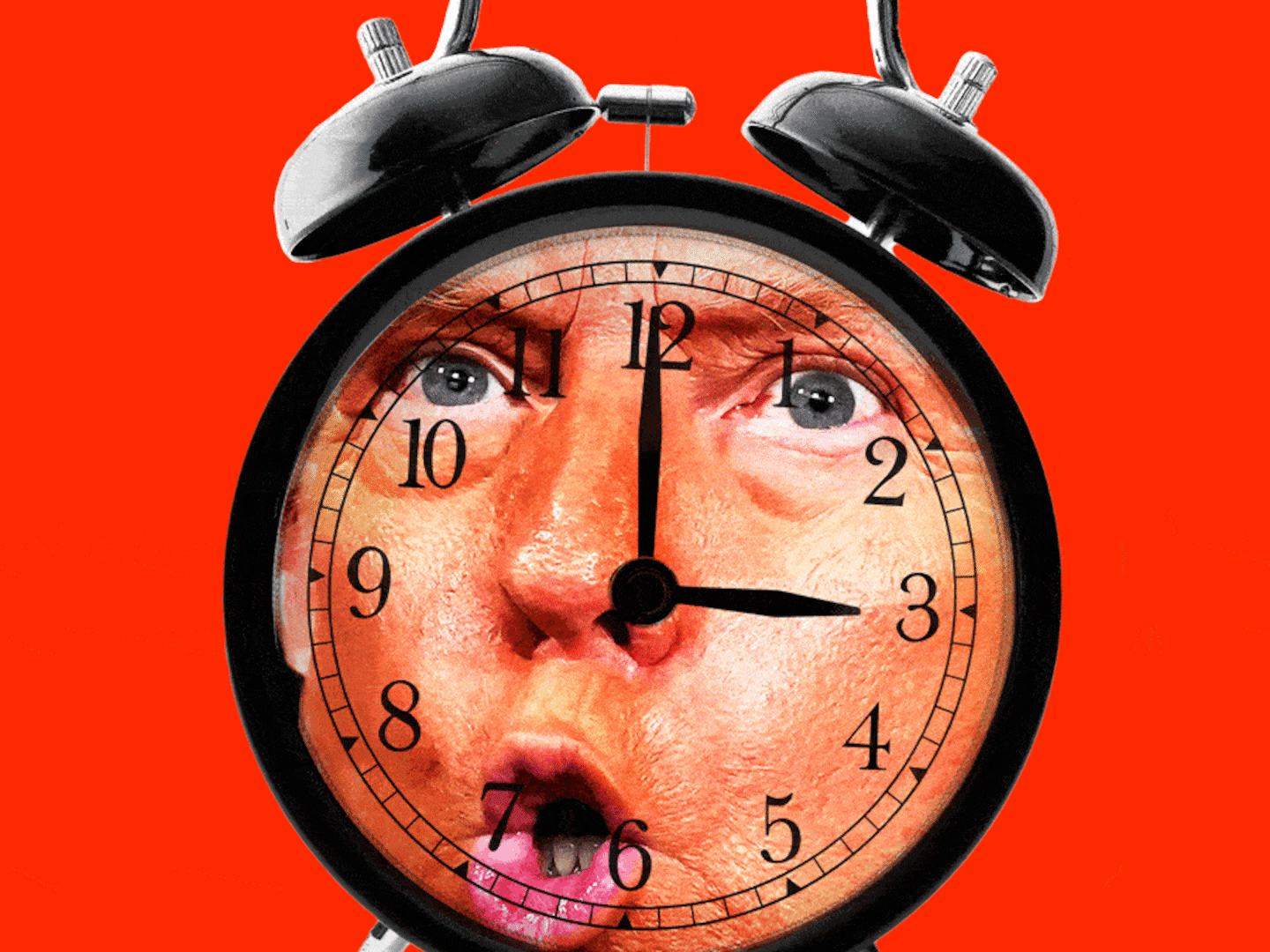In many respects, The Tale has been in the making for the last 35 years. But its Sundance Film Festival premiere Saturday afternoon—the first of this year’s festival to receive a standing ovation that we witnessed—is so timely it could very well have been called: #MeToo, The Movie.
The Tale is a memoir film in which writer-director Jennifer Fox confronts the sexual abuse she suffered when she was a 13-year-old girl, having spent the next three-and-a-half decades of her life convincing herself that she was engaged in a “special” relationship with a 40-year-old man, facilitated by a woman she trusted.
Both were people in her life she loved: “Mrs. G” (names were changed from Fox’s own life) was her equestrian trainer, and “Bill” was her running coach. Thirteen-year-old Jennifer is intoxicated by the regal, beautiful Mrs. G, and trusts Bill because of it. When Bill starts to coax Jennifer into a sexual relationship, she convinces herself that they’re in love. But she was just a girl. It was child rape.
Immediately following the post-screening Q&A, in which stars Ellen Burstyn and Jason Ritter broke down in tears talking about the movie, it became clear that this is the film everyone at Sundance will be talking about.
Its resonance—a woman realizing that what she had thought was a consensual sexual relationship was actually child rape—is one thing. That it shows, with purposeful unflinching detail, Jennifer’s rape at age 13 is another. (We witnessed multiple people walk out after this.) But that it doesn’t direct you how to feel about it, or moralize, or redeem, or reassure is its greatest power.
The Tale is relentlessly uncomfortable, and sometimes even aggravating. It wades into the murky waters of a complicated debate currently consuming culture, but doesn’t seek to satisfy or conclude it—which can be infuriating but is also necessary. It lacerates right through that conversation, letting the full range of opinions spill out. Yet it doesn’t seek to stitch it back up again and heal. Because that’s not it’s job.
But The Tale isn’t a linear narrative about a child who was raped. It’s an adult woman’s journey to the horrifying realization that her innocence was preyed on; that she was abused in a way that impacted the rest of her life. It’s her struggle through frustrating notes of denial, rationalization, misremembrance, and anger as she tries to piece together what really happened to her—not what her memory of it was—and why. How she feels about it now is almost an afterthought, until, at a major climax, it isn’t.
Throughout the film, Fox plays with form, storytelling structure, and the truth in jarring ways here—at one point Laura Dern, who plays Jennifer as an adult, is actually in conversation with Isabelle Nelisse, who plays her at age 13—to illustrate the myriad ways in which a person needs to communicate, with others and themselves, past and present, to reckon fully with an event like this.
When we meet Dern’s Jennifer, her mother (Burstyn) is leaving her a litany of emotionally charged voicemails, having just discovered an essay Jennifer wrote when she was 13 titled “The Tale,” which discussed the loving relationship she had with two adults: Bill (Jason Ritter) and Mrs. G (Elizabeth Debicki.) Her mother is beside herself. Suspicions she had 35 years before were true: these adults had taken advantage of her daughter.
“This is why I didn’t tell you,” Jennifer says, dismissing her mother’s concerns. “Can’t I just sit with my own memories?” she pleads, preferring to remember the relationship fondly instead relitigate it as assault. Nearly every line of dialogue hits you like a cannonball, its relevance to the stories and confessions that have been chronicled in the #MeToo movement these last months uncanny. “No,” her mother says. “I want you to nail them.”
She starts to visit people she hadn’t seen in decades, attempting to get a more detailed picture of that time that the years have blurred—part of her desperate search for a reason this happened to her. Or even to answer if anything happened to her.
“You were raped,” she’s told multiple times. “It’s complicated,” she instinctively retorts. She rages at the word “victim,” an indictment of the inherent lack of sensitivity in imposing a victim narrative on anyone who comes forward with a traumatizing story.
Eventually she pieces together an explicit, clear-eyed recollection of the relationship with Bill, and we watch it play out on screen. It’s sickening.

Actor/rapper Common, Director/producer Jennifer Fox, and actors Jason Ritter and Isabelle Nélisse attend 'The Tale' premiere during 2018 Sundance Film Festival on January 20, 2018, in Park City, Utah.
Nicholas Hunt/GettyBill baits her with lines like, “You’re not afraid of life, right, Jenny? You’re not afraid of living?” He and Mrs. G flatter her by telling her that she’s special, that they think of her as an equal, that they think they can trust her with secrets. Then we start to see the rape happen.
Would the film be as powerful if the acts were implied, instead of shown to wincing eyes on screen? Perhaps. But arguably, too, the impact is in bearing witness to the things Bill says and does and their brutal reality.
It starts with Bill getting Jenny to cuddle with him under a blanket. He says she deserves better than silly young boys; that he wants to “save” her from them. He phrases things in a way to make her think it’s her idea, like to take her top off, giving her the false comfort of an agency she doesn’t have.
We see them make out and it is grotesque. We see him, over multiple scenes that take place over a series of weeks, attempt to penetrate her. “We have to keep stretching you open, slowly,” he says. And then again: “No young boy would do this for you.” We see her give him a blowjob when it doesn’t “fit.” Eventually it happens, the camera switching between her face and his as it does.
The film ends with a disclaimer that the sex scenes were shot using an adult body double. Nelisse, who was 11 at the time of filming, only shot the dialogue parts of the scene, which are graphic in their own right. Fox would coach her on how to react properly to the pain of losing one’s virginity: ”Act like you’ve been stung by a bee.”
It would be impossible to list the myriad tenets of the conversation surrounding abuse and victimhood that the film explores. Should there be guilt or shame? Is she emotionally scarred? We wouldn’t purport to answer any of those questions, and maybe the film doesn’t intend to either. And that’s the prickly part of it, the thing that will keep us and anyone who sees it itching long after it ends.
While watching it, you’re not exactly sure what Jennifer wants the outcome of this whole journey to be, and you’re especially not sure what you want it to be either. What are you rooting for, if anything at all? It all builds up to a confrontation between Jennifer and Bill. Is it satisfying? Could it possibly be?
Casting Jason Ritter as Bill was a crucial decision. His image, based on the characters he’s played in Parenthood, Girls, Kevin (Probably) Saves the World, is that of the consummate nice guy—the adorable, safe, all-around “good” guy. “The whole idea was to take out of the closet the idea that perpetrators aren’t monsters that we can pick out,” Fox said after the film. Mission accomplished.
There was an air of speechlessness as the standing ovation died down. How does someone talk about this film? What do we even say? It’s something that Burstyn herself acknowledged, before beginning the dialogue in an impassioned, immediate way: “The exploitation of innocence is a deep, criminal crime, and it’s time now, right now, in this moment in our history, to change it.”
But she wasn’t done. “And I want to thank Donald Trump for that disgusting tape that he made that we all heard that was the final straw that broke the camel’s back,” she said to rousing applause. “And we can now at last deal with this problem that has gone on for centuries all over the world. This film is giving voice to it.”






